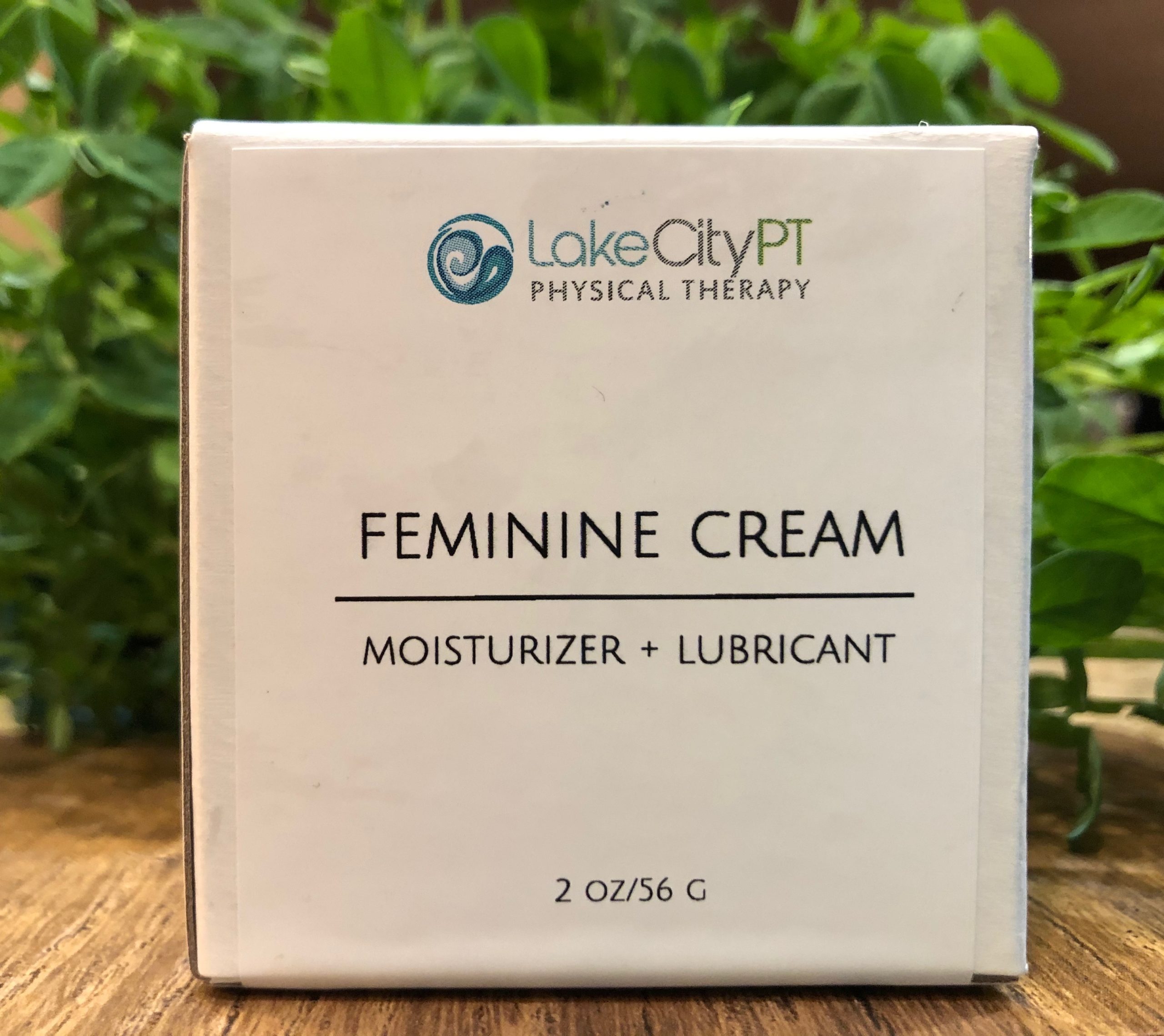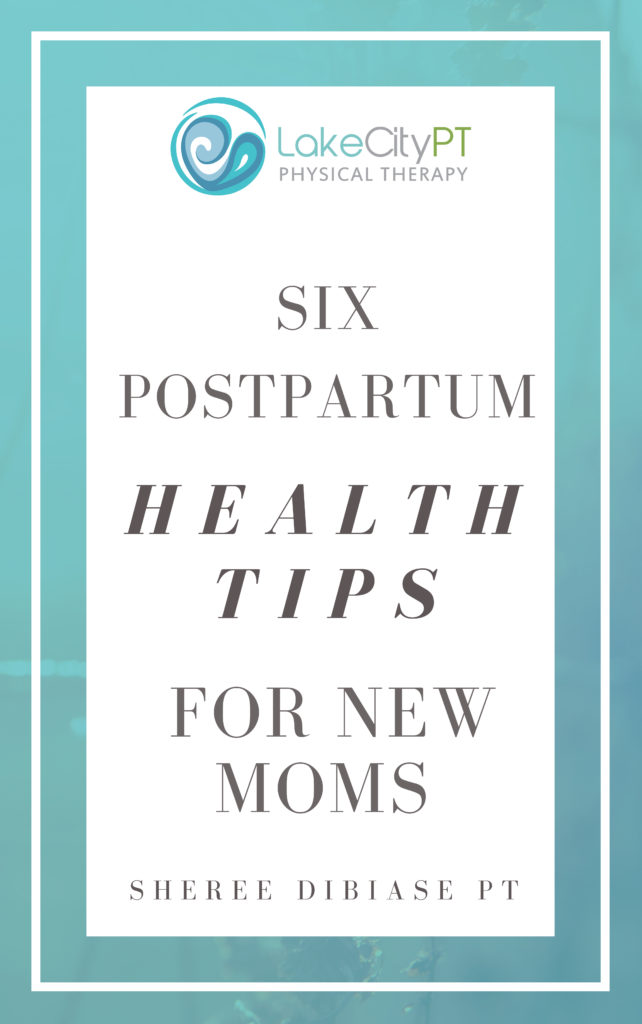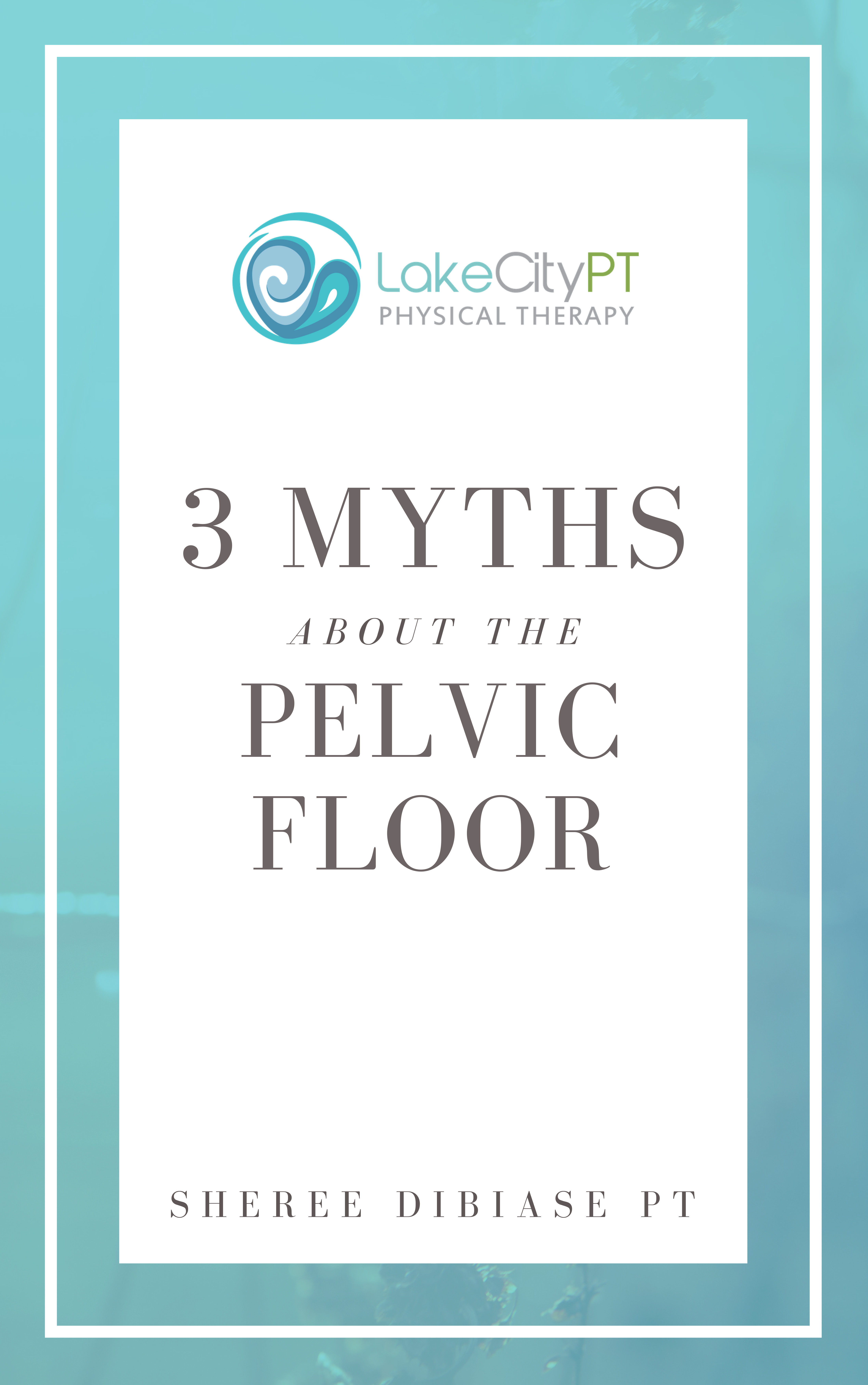Moisturizer for the Pelvic Floor
Vaginal dryness is the blanket term used to describe skin dryness in the pelvic floor region — but this term isn’t descriptive enough. Women can experience vaginal dryness (internal) and pelvic floor dryness (external). External dryness in the vaginal region causes discomfort during activities, is a challenging to manage and creates tenderness during sex.
There are a lot of solutions for internal and external, but few solutions that tend both. That is why we created our Natural Feminine Cream — a two-in-one lubricant and moisturizer for your pelvic floor.
What is the difference between a vaginal moisturizer and vaginal lubricant?
It’s easy to get confused with so many products labeled feminine cream on the market. The two main options are lubricant and lotions. Lubricants are for internal use come in the form of creams, gels, moisturizers, and dissolving insertables. Moisturizers which are for external use come in the form of a salve or lotion. Each serve different purposes in your skin routine.
Vaginal Moisturizers
Vaginal moisturizers help women experiencing ongoing discomfort with external pelvic floor skin. Dryness, burning sensations, itching, pain, and sensitivity during intercourse can be helped by a vaginal moisturizer. When applied externally, it helps restore moisture to the area and assists in reducing irritation, swelling, and redness — which helps women have more enjoyable sex!
Like any topical lotion, a vaginal moisturizer can be applied to the area on a regular basis and is a healthier, hormone-free solution. It is recommended that your preferred vaginal moisturizer be applied at least 2 hours before intercourse to experience the best results.
Vaginal Lubricant
In contrast, a vaginal lubricant is applied internally before intercourse. A water based lubricant is most compatible with contraceptives and various sex toys.
Vaginal dryness from hormonal changes including those induced by pregnancy, menstrual disruptions, contraceptive pills, and certain cancer treatments can be helped by a vaginal moisturizer.
Can you put a lotion on your private area?
You should only apply certified vaginal lotion products to your vaginal region. The pelvic floor skin is extremely sensitive and houses mucous membranes which keep the region naturally lubricated. Lotion that isn’t made for the pelvic region can cause further irritation and greater discomfort.
Choose a vaginal lubricant that is non-irritating, preservative-free and is compatible with your choice of contraceptive.
For vaginal moisturizers, find products that are naturally bio-adhesive. Bio-adhesive ingredients work better for longer lasting moisture as it attaches to the affected dry cells until they replenish with higher moisture content. Your vaginal moisturizer should be estrogen and fragrance-free so your vaginal regions natural temperament isn’t disrupted.
What do you moisturize your vagina with?
Using a vaginal moisturizer is your best bet to effectively and safely moisturize your vaginal region. Vaginal moisturizers can last up to 3 days but the recommended application for vaginal moisturizer is every second day during your first week of use, and then twice a week every week after that until symptoms are resolved.
Things Not to Use as Vaginal Moisturizer
When choosing products for vaginal moisturization avoid products that don’t have natural ingredients.
A short list that can help is to avoid products that have:
- Deodorants
- Perfumes
- Parabens
- Sulfates
You shouldn’t use deodorants because they often contain carcinogens that can negatively affect your genitals. Deodorants which contain soap or alcohol mess with the naturally occurring pH balance of your vagina.
Perfumes disrupt the vagina’s natural pH, which helps regulate healthy bacteria. Water is enough to wash and clean the external parts of the vagina effectively, and natural soaps are also fine to use.
Parabens are a preservatives often used to prevent overgrowth of bacteria in personal care products and are also a common component of many commercial lubes. Parabens can penetrate the skin and act like a very weak estrogen in the body — potentially turning on the growth of hormone-receptor-positive.
Sulfates are most commonly the key ingredient in shampoos, body washes, intimate washes, toothpaste, facial cleansers and much more. Sulphates cause skin irritation to skin and are too aggressive for the delicate skin of the pelvic floor.



